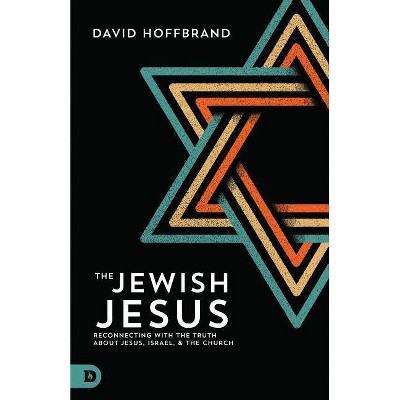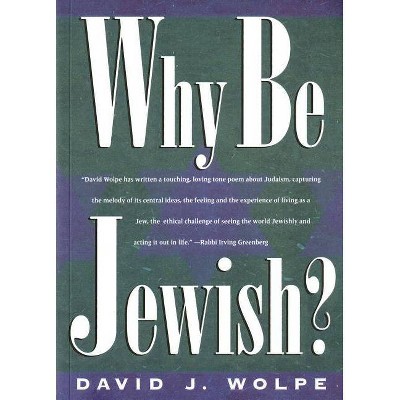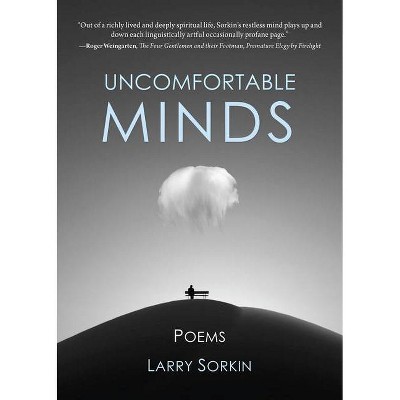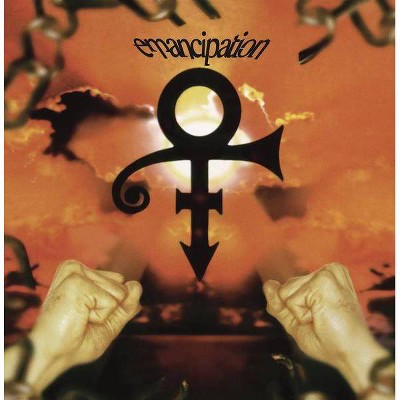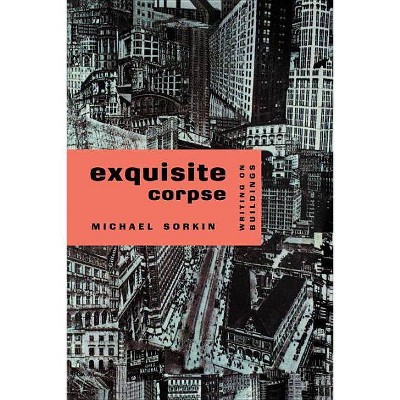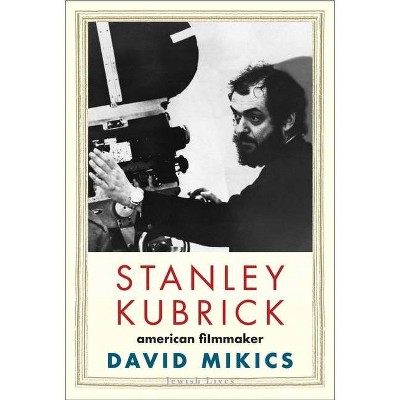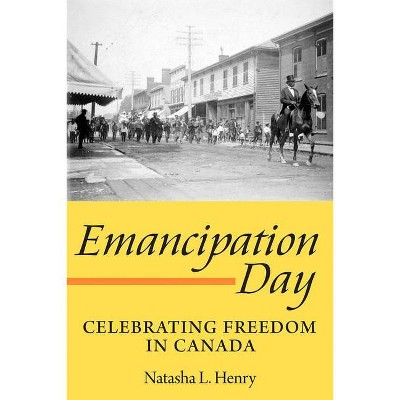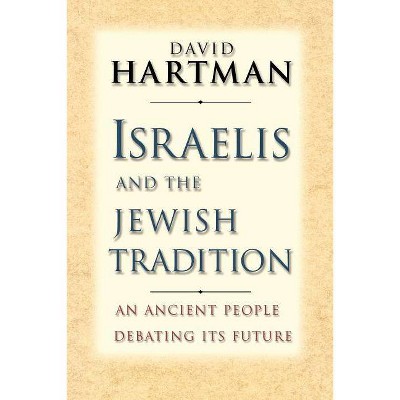Jewish Emancipation - by David Sorkin (Paperback)

Similar Products
Products of same category from the store
AllProduct info
<p/><br></br><p><b> Book Synopsis </b></p></br></br><p><b>The first comprehensive history of how Jews became citizens in the modern world</b> <p/>For all their unquestionable importance, the Holocaust and the founding of the State of Israel now loom so large in modern Jewish history that we have mostly lost sight of the fact that they are only part of--and indeed reactions to--the central event of that history: emancipation. In this book, David Sorkin seeks to reorient Jewish history by offering the first comprehensive account in any language of the process by which Jews became citizens with civil and political rights in the modern world. Ranging from the mid-sixteenth century to the beginning of the twenty-first, <i>Jewish Emancipation </i>tells the ongoing story of how Jews have gained, kept, lost, and recovered rights in Europe, North Africa, the Middle East, the United States, and Israel. <p/>Emancipation, Sorkin shows, was not a one-time or linear event that began with the Enlightenment or French Revolution and culminated with Jews' acquisition of rights in Central Europe in 1867-71 or Russia in 1917. Rather, emancipation was and is a complex, multidirectional, and ambiguous process characterized by deflections and reversals, defeats and successes, triumphs and tragedies. For example, American Jews mobilized twice for emancipation: in the nineteenth century for political rights, and in the twentieth for lost civil rights. Similarly, Israel itself has struggled from the start to institute equality among its heterogeneous citizens. <p/>By telling the story of this foundational but neglected event, <i>Jewish Emancipation</i> reveals the lost contours of Jewish history over the past half millennium.</p><p/><br></br><p><b> Review Quotes </b></p></br></br><br><p>Sorkin has provided us with a massive and thorough compendium of political and legal information about the processes known as Jewish emancipation in Europe across the span of five centuries. Perhaps future researchers, working on the foundation Sorkin has provided, will once again risk the grand theory and the sweeping account.</p><b>---Samuel Hayim Brody, <i>The Journal of Religion</i></b><br><br>David Sorkin's <i>Jewish Emancipation</i> provides an excellent analysis of the trajectory of Jewish emancipation, embedding the process in its historical context, raising important questions, and alerting us to its problems. <i> </i><b>---Marsha Rozenblit, <i>American Historical Review</i></b><br><br>[An] expansive history of Jewish emancipation from the sixteenth century to the present. . . . Like many bold books, Sorkin's account invites rather than forecloses further debate.<b>---Todd Endelman, <i>AJS Review</i></b><br><br>[A] path-breaking and comprehensive legal and political history of Jewish emancipation. . . . The first truly global history of Jewish emancipation. . . . This thoroughly researched book is an essential addition to the library of modern Jewish history. Not only does it furnish detailed information about the idiosyncrasies and specific legislation of the emancipation process by region and country, but it also discerns common patterns and continuities across geographical divides.<b>---Daniel B. Schwartz, <i>Central European History</i></b><br><br>[A] sweeping account of Jewish emancipation, which is both chronologically and geographically expansive. . . . This work is the most extensive treatment of Jewish emancipation to date, one that complicates and expands our conception of the circuitous path to parity that is at the center of the past 500 years of Jewish life.-- "Choice"<br><br>Best Non-fiction Books of 2019 in Marginal Revolution<br><br>In this masterful and deeply researched work of synthetic history, David Sorkin argues for the centrality of emancipation as the governing category of modern Jewish history. . . . David Sorkin has brilliantly succeeded in focusing us anew on a key concept in modern Jewish history.<b>---David Biale, <i>Journal of Modern History</i></b><br><br>Sorkin's gaze is incredibly wide-ranging--spanning Europe, America, Israel, North Africa and the Middle East.<b>---Audrey Borowski, <i>Times Literary Supplement</i></b><br><br>Sorkin's work is thorough and comprehensive. . . . Sorkin has demonstrated that a close study of the modern Jewish experience is not peripheral to modern history but crucial to understanding ourselves no matter what our religious, ethnic, or cultural heritage might be.<b>---Alexander Orbach, <i>Theology Today</i></b><br><br>The first-ever comprehensive study of the subject. . . . An exceptionally impressive work.<b>---Andrew N. Koss, <i>Jewish Review of Books</i></b><br><br>This learned book will be an invaluable reference for those seeking to understand the messy process by which Jews were sewn into, and cut out from, the legal tissues of European, American and North African societies.<b>---Tom Stammers, <i>European History Quaterly</i></b><br><p/><br></br><p><b> About the Author </b></p></br></br><b>David Sorkin</b> is the Lucy G. Moses Professor of History at Yale University. His books include <i>The Religious Enlightenment: Protestants, Jews, and Catholics from London to Vienna</i> (Princeton), <i>Moses Mendelssohn and the Religious Enlightenment</i>, and <i>The Transformation of German Jewry, 1780-1840.</i>
Price History
Price Archive shows prices from various stores, lets you see history and find the cheapest. There is no actual sale on the website. For all support, inquiry and suggestion messages communication@pricearchive.us
